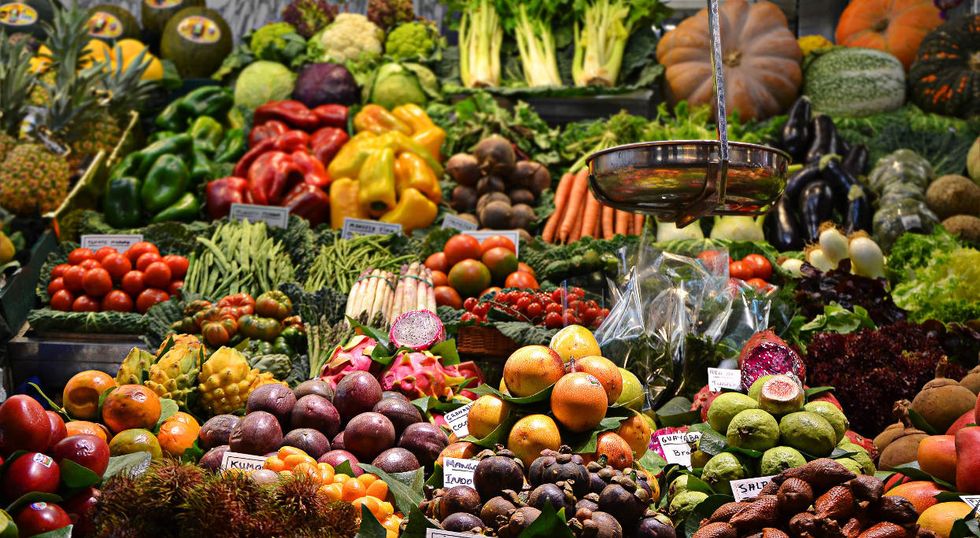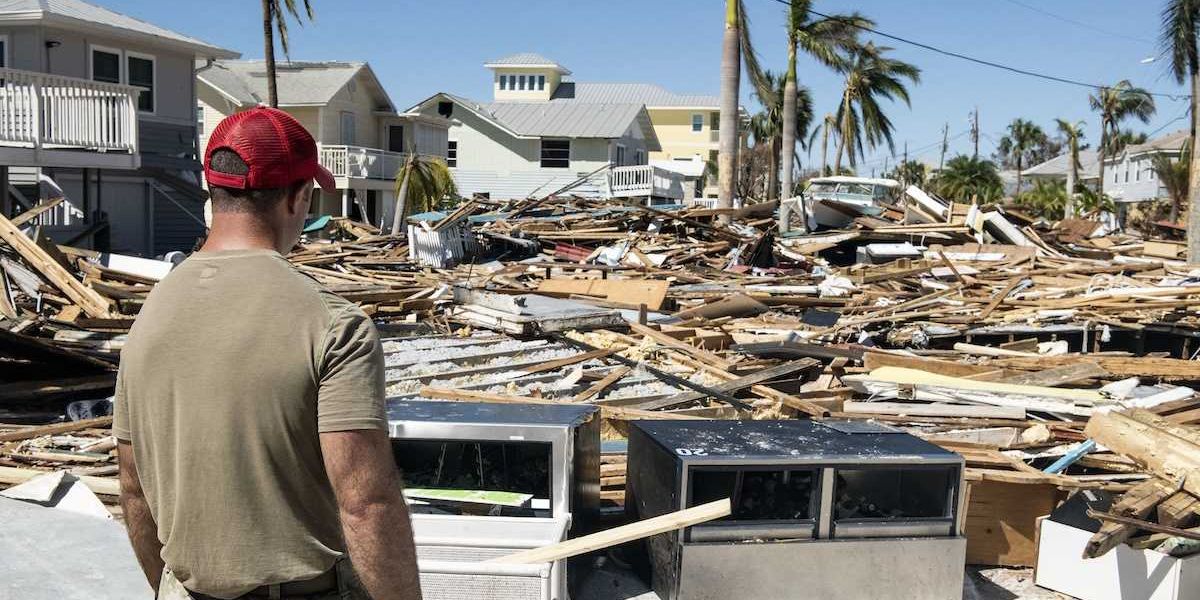
It is time to respect the planet’s boundaries—and overhaul how we eat and waste food—if we want to feed our rising population
If we're to feed the estimated 10 billion people on Earth in 2050—and protect the planet— we have to completely overhaul food production and choose healthier diets, says international report
The way we eat and grow food has to dramatically change if we're going to feed the world's increasing population by 2050 and protect the planet, according to a major report released today from the EAT-Lancet Commission.
"Civilisation is in crisis. We can no longer feed our population a healthy diet while balancing planetary resources," wrote the commission, which was a three-year project and is comprised of 37 scientists from around the globe. "For the first time in 200,000 years of human history, we are severely out of synchronisation with the planet and nature."
The authors say reconnecting with nature is the key in turning around unsustainable agriculture and poor diets. If humans can "eat in a way that works for our planet as well as our bodies, the natural balance of the planet's resources will be restored," they write. "The nature that is disappearing holds the key to human and planetary survival."
Benefits to food security — and health

Market in Barcelona, Spain. The authors recommend consumption of red meats and sugars to decrease by 50 percent, while increasing consumption of nuts, fruits, vegetables and legumes two-fold. Credit: ja ma/Unsplash)
They lay out the main strategies to achieve food security for the estimated 10 billion people that will inhabit the planet in three decades.
- Encourage people to eat healthy diets high in whole grains, fruits and vegetables, with less meat and sugar;
- Incentivize more small and medium farms and diversity within production;
- Protect land, oceans and the biodiversity and habitats within them by prohibiting land clearing, restoring degraded land, stopping exploitive fishing and keeping some ocean areas off limits to fishing;
- Curb freshwater use;
- Reduce fossil fuel emissions;
- Cut the amount of current food waste in half.
For diets, the authors recommend consumption of red meats and sugars to decrease by 50 percent, while increasing consumption of nuts, fruits, vegetables and legumes two-fold.
Such changes, according to the report, would not only spur food security, but health: averting between 10.9 million to 11.6 million premature deaths per year and reduce adult deaths by between 19 percent and 23.6 percent.
These changes will not be easy. Already more than 820 million people have insufficient food, another roughly 2 billion people are eating too much unhealthy foods.
Agriculture is the largest pressure humans put on the planet.
In addition, the population of the planet is expected to grow to about 10 billion by 2050 from its current estimated 7.5 billion.
"The agricultural sector, while successful in feeding the world, hasn't been successful in feeding the world well," said co-author, Jessica Fanzo, a professor and researcher of global food and agricultural policy and ethics at Johns Hopkins University.
Diets and "planetary boundaries"

(Credit: Martin Prokop)
To address this crisis, the authors put science-based target numbers to aim for.
For a personal diet, the authors break down how many calories a person should aim for per day for each food group: most calories should come from whole grains, unsaturated oils, legumes, dairy and fruits, with large recommended decreases in meat and sweeteners compared to most current Western Diets.
"I think it's very possible," said co-author Walter Willett, a professor of epidemiology and nutrition at Harvard T.H. Chan School of Public Health. He added such a diet "would definitely include" the type of traditional Mediterranean diets that have risen in popularity in recent years, and he also pointed out that red meat consumption in the United States has come down 40 percent since its peak in the 1970s.
For the planet, the authors set "planetary boundaries" for food production to achieve the diet recommendations. These are the minimum agricultural pressures we can put on the Earth to adequately feed people but not hamper the planet's systems.
Their boundaries are:
- 5 gigatons of greenhouse gas emissions per year;
- 90 teragrams (1 teragram = 1 trillion grams) of nitrogen per year;
- 8 teragrams of phosphorous per year;
- 2,500 cubic kilometers of water use per year;
- 10 wildlife extinctions per million species years (this means if there are a million species on Earth, 10 would go extinct every year);
- 13 million square kilometers of land switched converted to agriculture.
If we do not transform the food system, said co-author Johan Rockström, a researcher and professor in environmental science at the Stockholm Resilience Centre, "we are very unlikely to lift humanity out of hunger" and "very likely" to fail on international goals such as the Paris Climate Agreement.
However, on the flip side, there are "win-win opportunities here … adopting healthy diets help us with both climate and sustainable development goals," Rockström said.
"Adopting a healthy reference diet combined with reducing food waste and investing in scientific technology … can take us to the place we want to be," he said.
You can view the entire report here.













